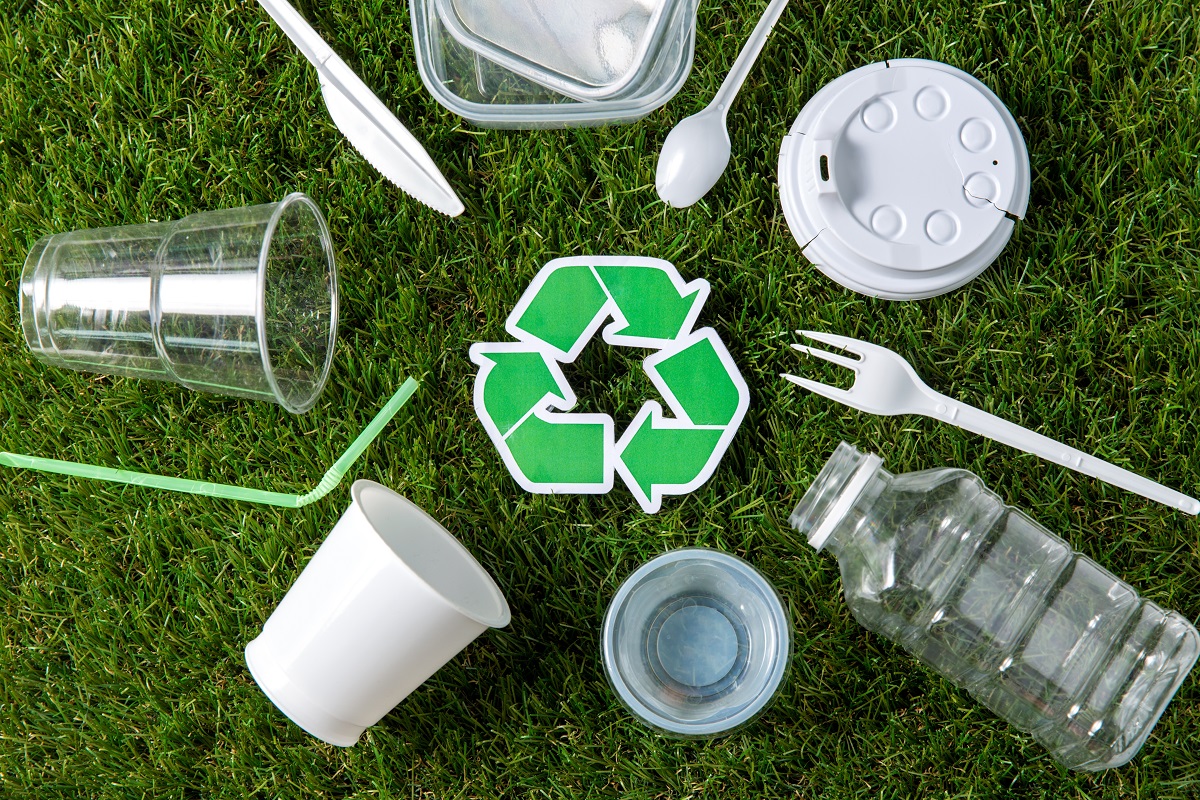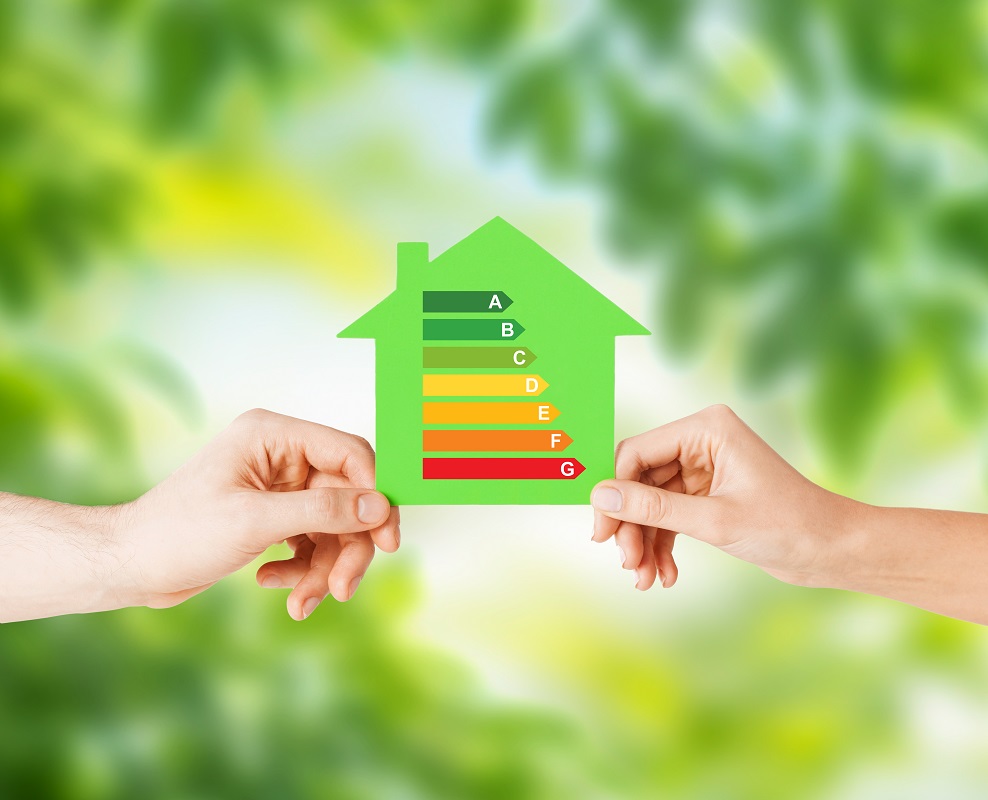- Emphasizing sustainable practices at home can reduce waste, lower energy bills, and improve health.
- Energy conservation can be achieved through LED lights and energy-efficient appliances.
- Effective waste management involves reducing, reusing, and recycling materials, including paper, glass, plastic, metals, and cooking oil.
- Lowering water consumption can be accomplished with water-efficient appliances, rainwater harvesting, and greywater recycling.
Promoting a sustainable lifestyle in your home is beneficial for the environment and your health and finances. According to the Environmental Protection Agency (EPA), you, like the average American, might generate about 4.9 pounds of trash daily. You can significantly cut down on this waste by prioritizing sustainable practices like recycling, composting, and reducing consumption.
The Department of Energy estimates that a typical household like yours can save up to 25% on energy bills by implementing energy-efficient practices. This includes using energy-saving appliances, ensuring proper insulation, and harnessing renewable energy sources.
The World Health Organization also found a correlation between green living and improved health, showing a 20% decrease in respiratory issues in homes that utilize natural ventilation. Therefore, embracing a sustainable lifestyle at home is paramount for environmental preservation, financial savings, and improved health.
However, you might not know what to do when protecting the environment in your home or what practices best suit you. Here are some tips on how to prioritize different sustainable practices:
Conserving Energy
Learning how to conserve energy at home is critically important. Not only can it reduce your environmental footprint, but it can also result in significant financial savings. Small changes can yield big results when it comes to energy conservation.
Consider these practical steps:
- Switch to LED Lights: LED lights are 80% more efficient than traditional lighting, such as fluorescent and incandescent. They consume less power and last longer, making them a sustainable choice.
- Unplug Devices: Even when not in use, electronic devices can still consume energy if they’re plugged in. Develop a habit of unplugging devices when they are not in use.
- Use Energy-Efficient Appliances: Appliances with an Energy Star rating are designed to be energy-efficient, consuming less power than standard appliances.
- Install a Programmable Thermostat: A programmable thermostat can help manage your heating and cooling systems efficiently, ensuring they’re only in use when needed.
By making these small changes, you can play a significant role in energy conservation and contribute towards a sustainable future.
Waste Management

Managing waste efficiently is another crucial aspect of a sustainable lifestyle at home. Proper waste management involves reducing, reusing, and recycling materials with significant environmental, health, and economic benefits.
By reducing the amount of waste generated, you can limit the need for new products, reducing the resources and energy consumed in the production process. Reusing items gives them a new life and prevents them from ending up in landfills. Lastly, recycling is an essential practice that helps close the waste loop by converting waste materials into new products.
Before you can recycle, you must learn the materials at home you can recycle and their respective categories. Here are a few types that can be recycled:
Paper and Cardboard
Paper and cardboard items, from newspapers to cereal boxes, are easily recycled. You can also look for products made with post-consumer or recycled paper content when you shop. Paper and cardboard usually go for single-stream recycling, in which all the different materials are put into one bin.
Glass and Plastic
Glass and plastic containers can be recycled if they are clean. However, some local programs cannot recycle glass, so you must check your city’s policies before recycling them. Most plastic items will have a number indicating what type of plastic it is, usually between 1 and 7.
Metals
Aluminum and steel cans are easy to recycle as they can be melted down for reuse. When shopping for canned items, look for labels that state they are made from recycled parts. If you have old metal items like jewelry or kitchenware, you can sell them or donate them to a scrap yard.
Used Cooking Oil
It might not be a commonly recycled item, but it can still net you a lot of benefits. Used cooking oil can be converted into biodiesel, an eco-friendly fuel source. You’ll need to find a used cooking oil collection and recycling company in your area that collects them, but it’s usually worth the effort, especially considering how much you’ll profit from it.
Water Consumption

Of course, water will always be an essential part of a sustainable lifestyle. Humans use nearly 20% of the world’s freshwater supply daily for activities like cleaning and cooking. This number is only expected to increase as the population grows, making it even more vital that we conserve water.
To reduce your water consumption, there are several easy ways you can do it in your home. First, determine where your water is wasted and identify water-efficient appliances. Consider switching to low-flow toilets, showerheads, and faucets.
You can also opt for natural water conservation methods like rainwater harvesting or greywater recycling. Rainwater harvesting helps capture rainfall from the roof and uses it for various purposes like washing clothes and watering plants. Greywater recycling, on the other hand, involves collecting used water from sources like showers and sinks to be reused for irrigation or flushing.
Final Thoughts
By following these tips, you can take steps to prioritize sustainability practices in your home and contribute towards a better future! You don’t need significant changes to make a difference – every small action counts. So start making changes today and become a part of the sustainability movement!

